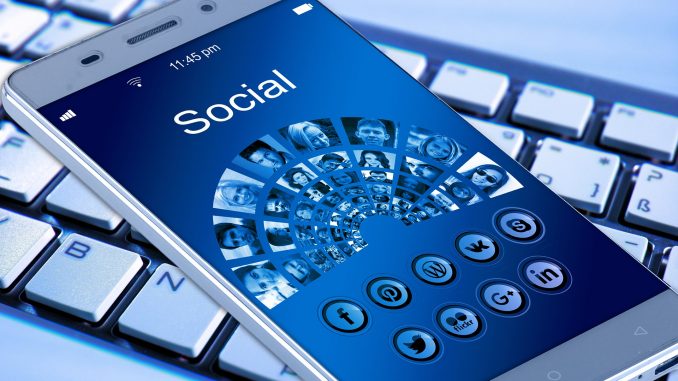
Social media sites claim to offer plenty of benefits to their users. For example, Facebook market their service as allowing people to “connect and share with the people in your life”. Twitter offers its users the chance to “see what’s happening in the world right now”.
But, with the average user now spending around two hours a day on these platforms, critics argue that it’s having a substantial impact on our mental health, relationships, and overall wellbeing.
Three billion people are now members of at least one social media platform. That’s 40% of the world’s population. And although we hear of the negative impact social media can have on children and teenagers, the problems it could cause in adults is often overlooked.
So, apart from “wasting our time”, let’s take a look at some of the issues that social media can cause.
Is social media addictive?
Although many scientists have denied that social media could be as addictive as cigarettes and alcohol, evidence shows that social media addiction does exist. A number of studies have indicated that social media users’ possess the same characteristics as other addicts.
Symptoms like neglect of personal life, mood swings, being easily distracted, and other symptoms, do appear in people who use social media excessively. Other research has also shown that some people go through a period of withdrawal when they stop using the sites.
Affecting our mood?
Although the link between social media and mental health issues hasn’t been proven, a lot of studies have suggested that it can affect our moods, and even lead to an increased risk of depression and anxiety disorders.
One study found that after just 20 minutes, users reported a lower mood than others who just browsed the internet, with many reporting that being swamped with negative posts had an impact on their happiness levels.
Other studies have supported this. For instance, another study has shown that individuals using more social media platforms were more likely to develop symptoms of anxiety; another has shown that online interactions increased depressive symptoms including feelings of hopelessness and low self-worth.
And while most experts agree that more research is needed to prove social media is the cause of these issues, many users have reported that problems like cyber-bullying and jealousy are affecting their mental health.
Problems sleeping?
Everyone knows how important sleep is for our mental health. And a lack of sleep, or poor quality sleep, can have a big impact on our moods. Now, studies have shown that artificial lighting can affect our sleep quality.
Social media has shown to be linked to poor sleeping habits. The combination of checking our news feeds late into the night, along with the bright lights, could be leading to more problems than we realise.
Lower self-esteem?
Social media has a reputation for exhibiting an endless amount of filtered, edited, photos of people. Needless to say that, in some cases, this can be damaging to users’ self-esteem. For instance, in a survey, half of 18-34 years said that social media makes them feel less attractive.
In addition to this, unrealistic pictures from the lives of others can result in jealousy and envy, as well as negative feelings about our own lives.
Is it damaging our relationships?
Have you ever tried to hold a conversation with someone who seemed more interested in their phone? With the increase in social media use, comes a decline in the quality and quantity of real-life interactions.
Firstly, this can this interfere with our relationships, which includes romantic relationships, friendship, and relationships with family members. This can, in some cases, result in jealousy and other problems. Not only this, but when social media is used to replace face-to-face conversations, it can lead to more social isolation and feelings of loneliness.
Final thoughts
Like anything, when used excessively, social media can be damaging to our mental health, relationships, and our well-being. However, as long as it’s used in moderation, it does have its benefits. The key is to monitor how you’re using it and to remember that what you see online isn’t always the reality.


Leave a Reply